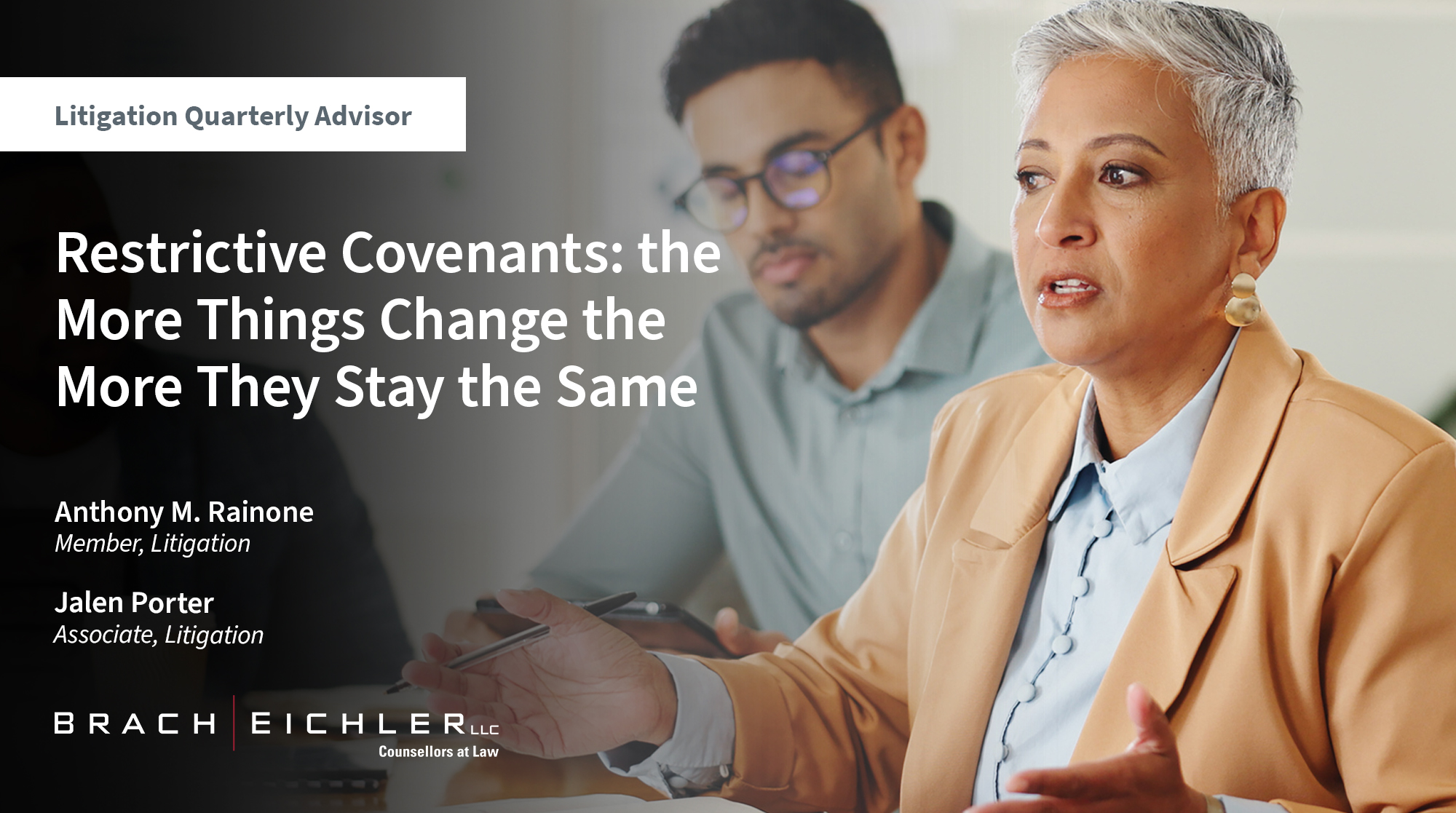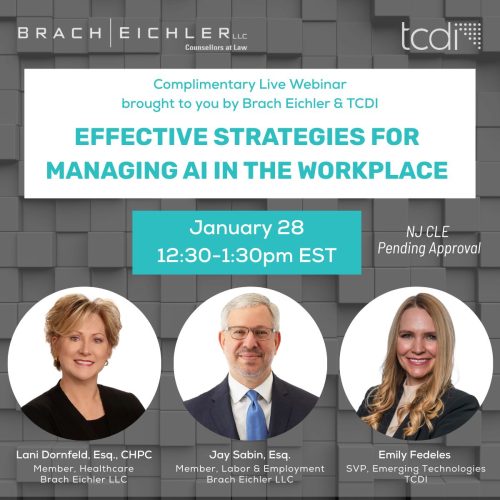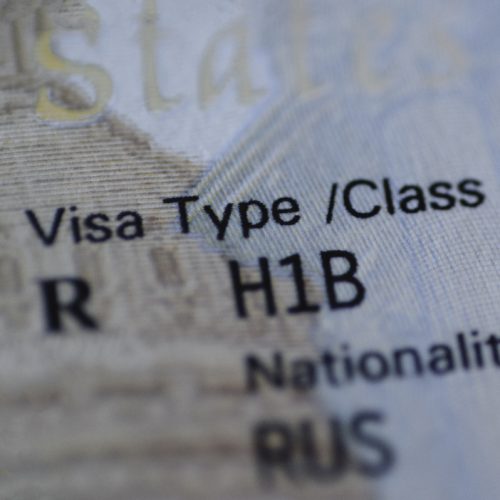Restrictive Covenants: The More Things Change The More They Stay The Same

4/16/2025
Flashing back to 2024, the country’s employers had a near universal gasp at the proposed Federal Trade Commission (FTC) rule that would have largely banned employers from imposing restrictive covenants on their employees and former employees. Then came one federal court in Texas that temporarily blocked the rule, followed by a federal court in Pennsylvania that rejected an attempt to block the rule; then came January 16, 2025 when the U.S. Department of Justice and FTC issued Antitrust Guidelines for Business Activities Affecting Workers; and then came a new administration. At this point most employers are wondering: so what exactly has changed with respect to employee restrictive covenants? The answer as of publication is: not much for most employers. So now is probably an appropriate time to remind New Jersey employers what they can and cannot do by way of restrictive covenants with employees and former employees.













